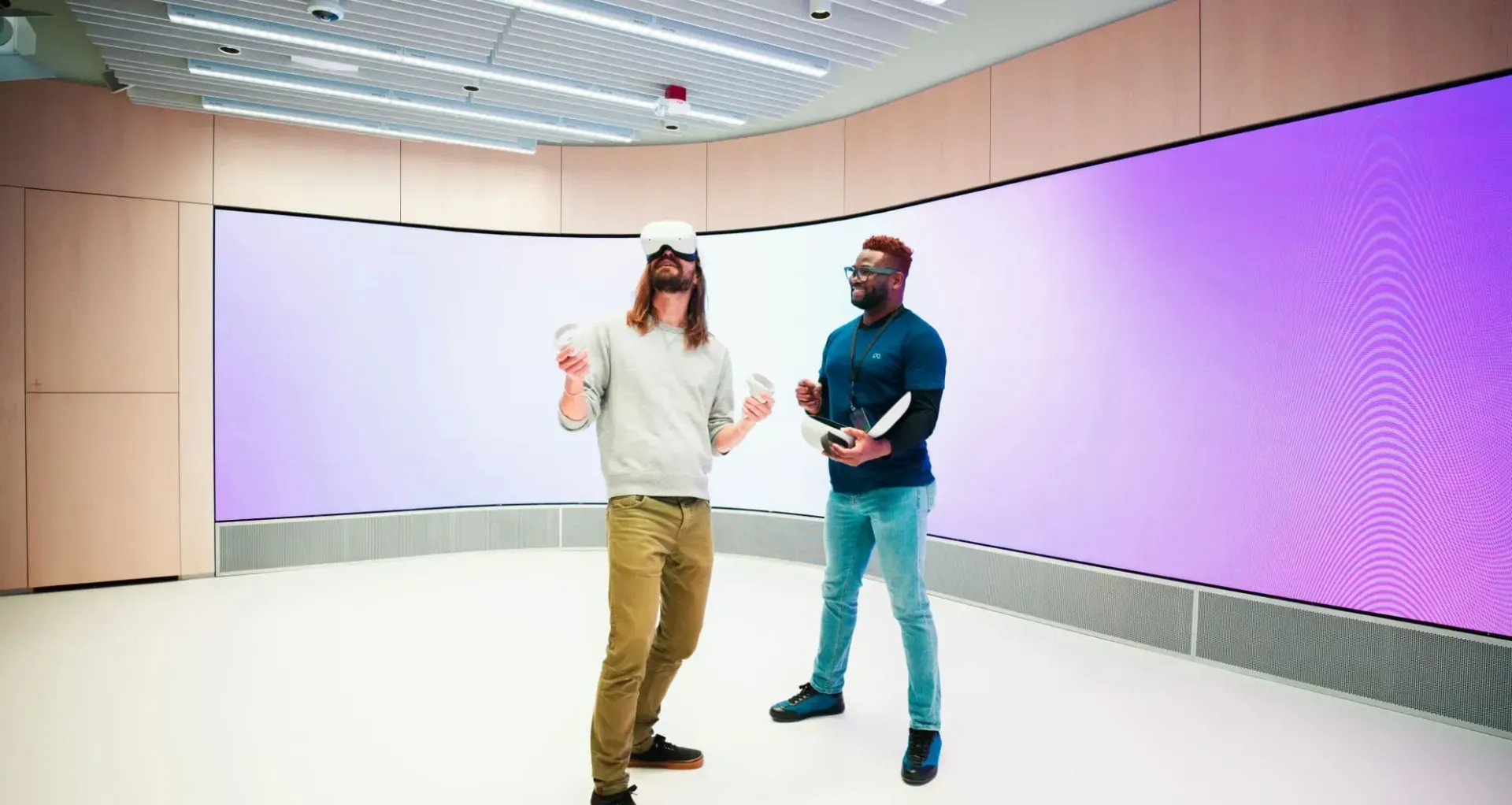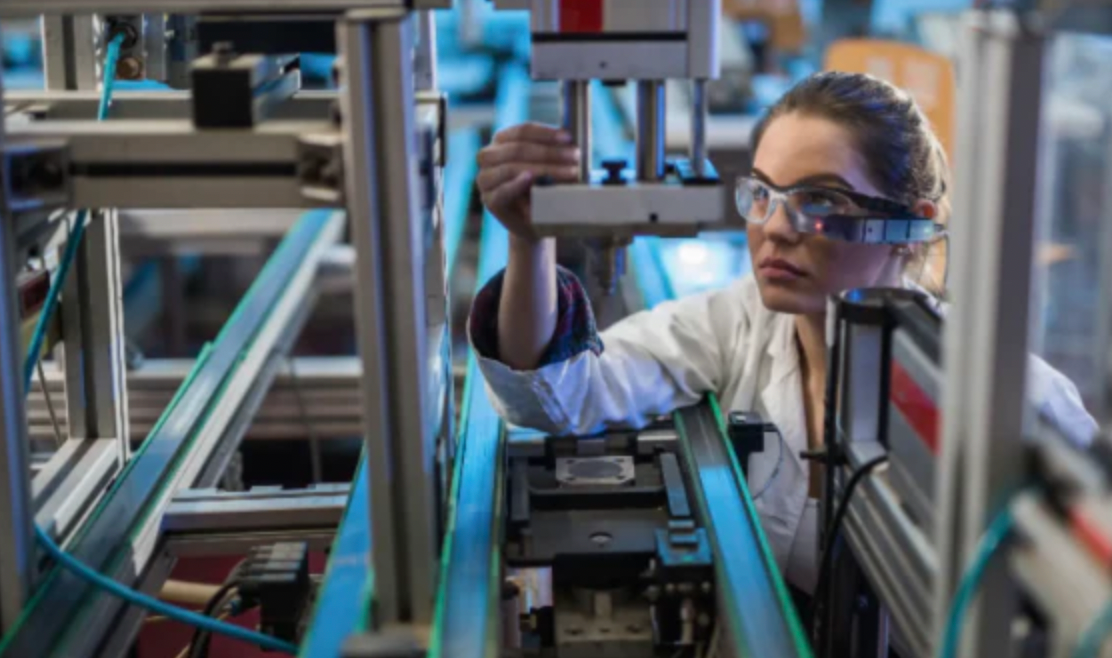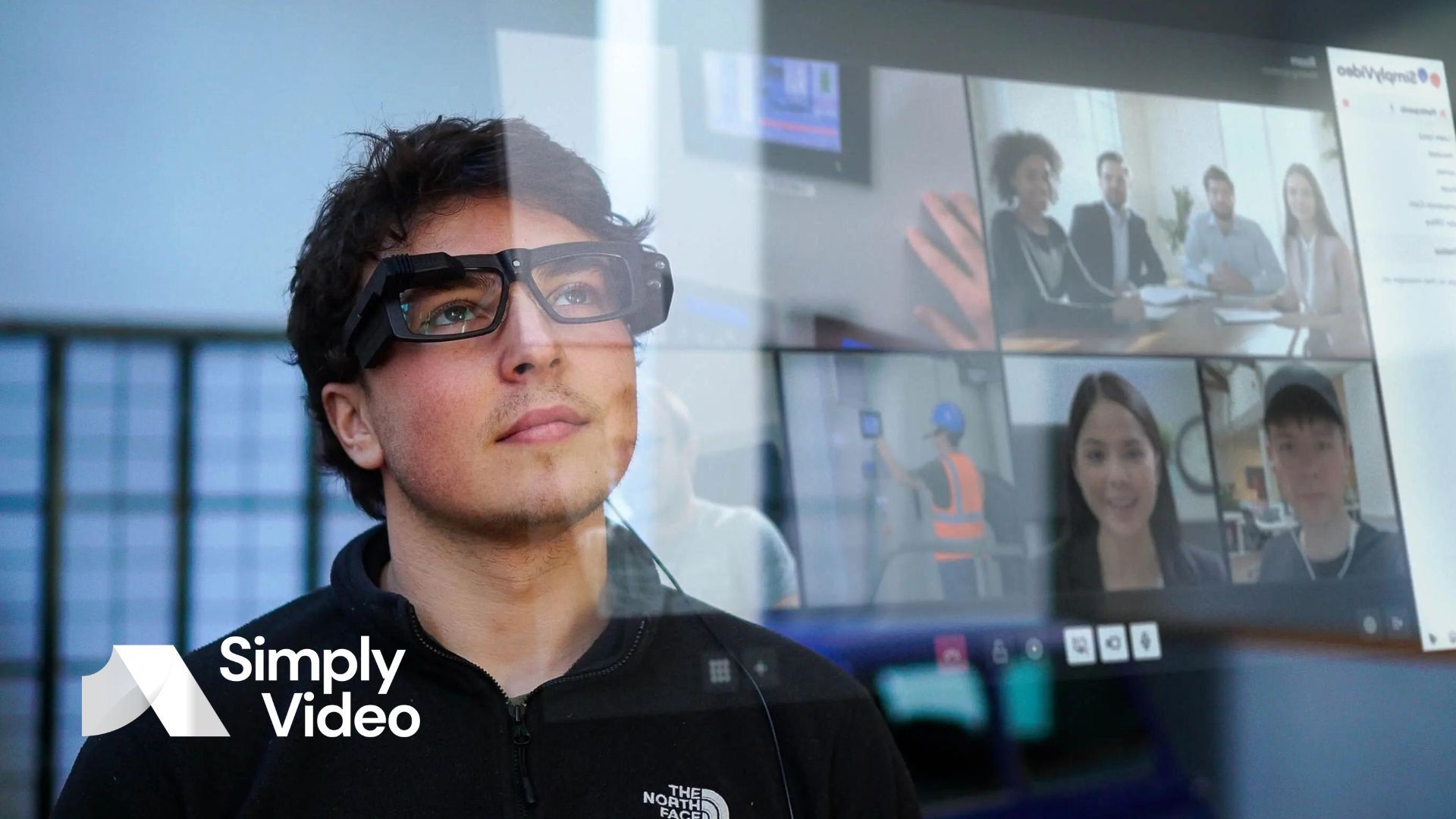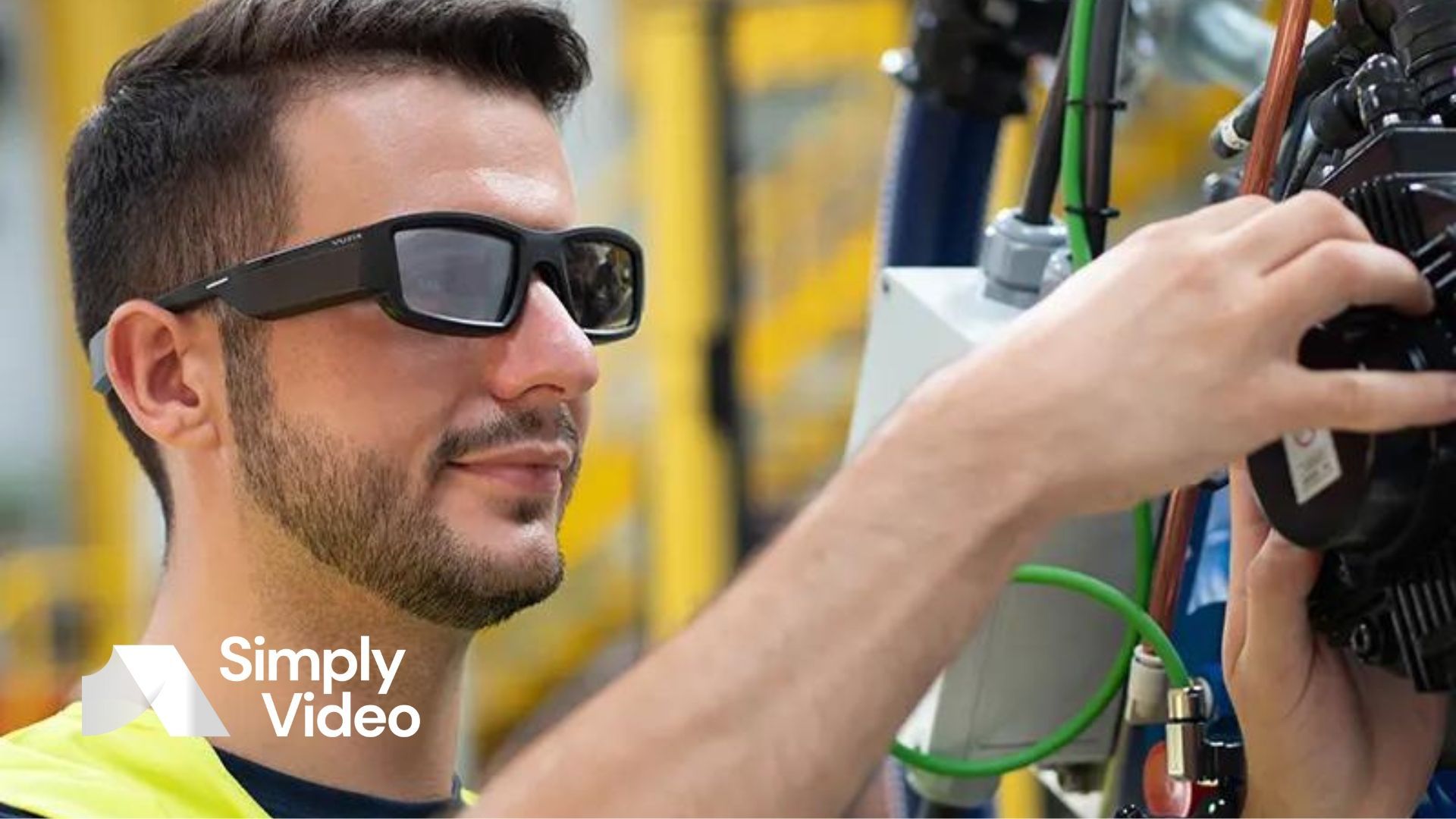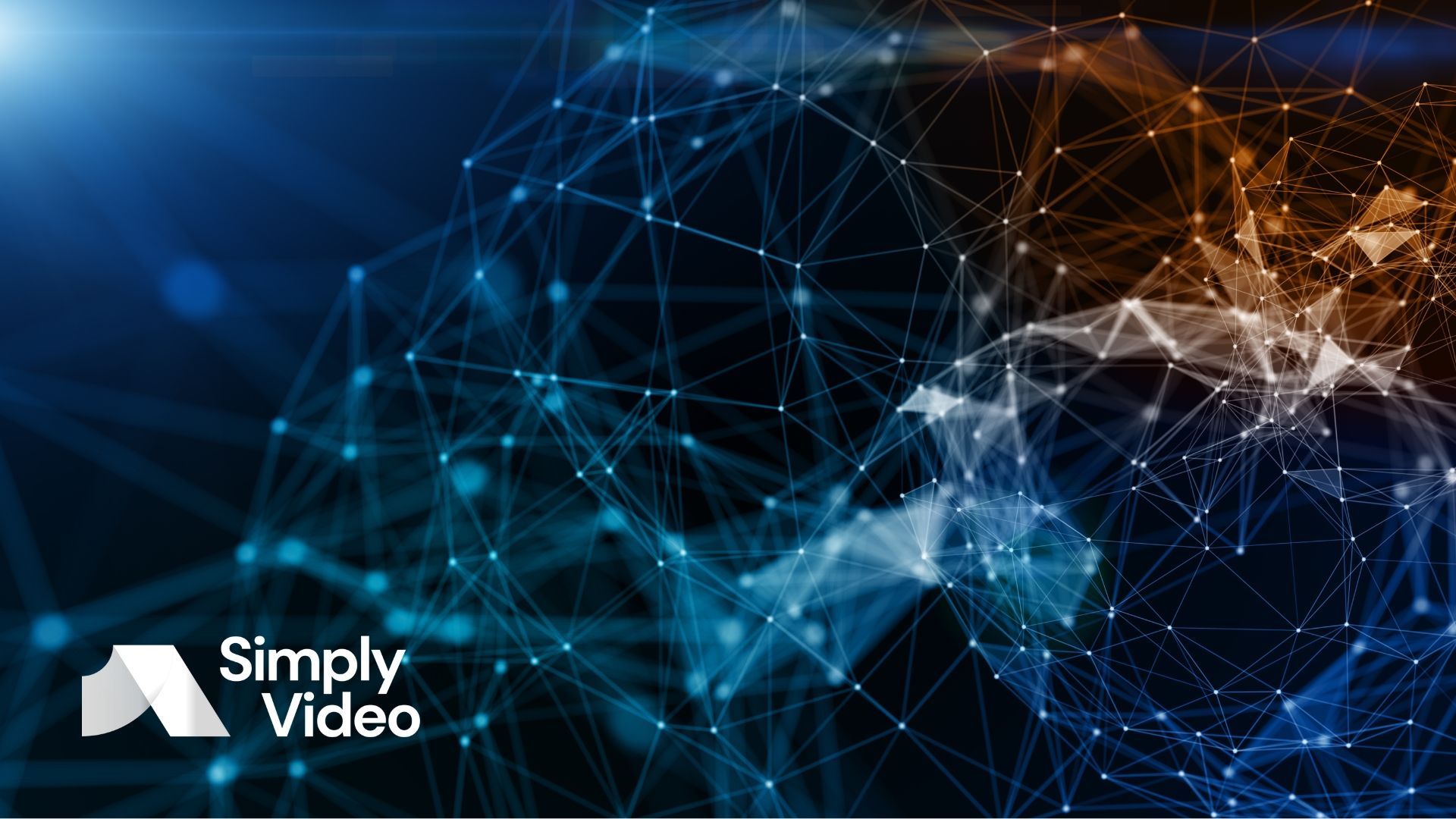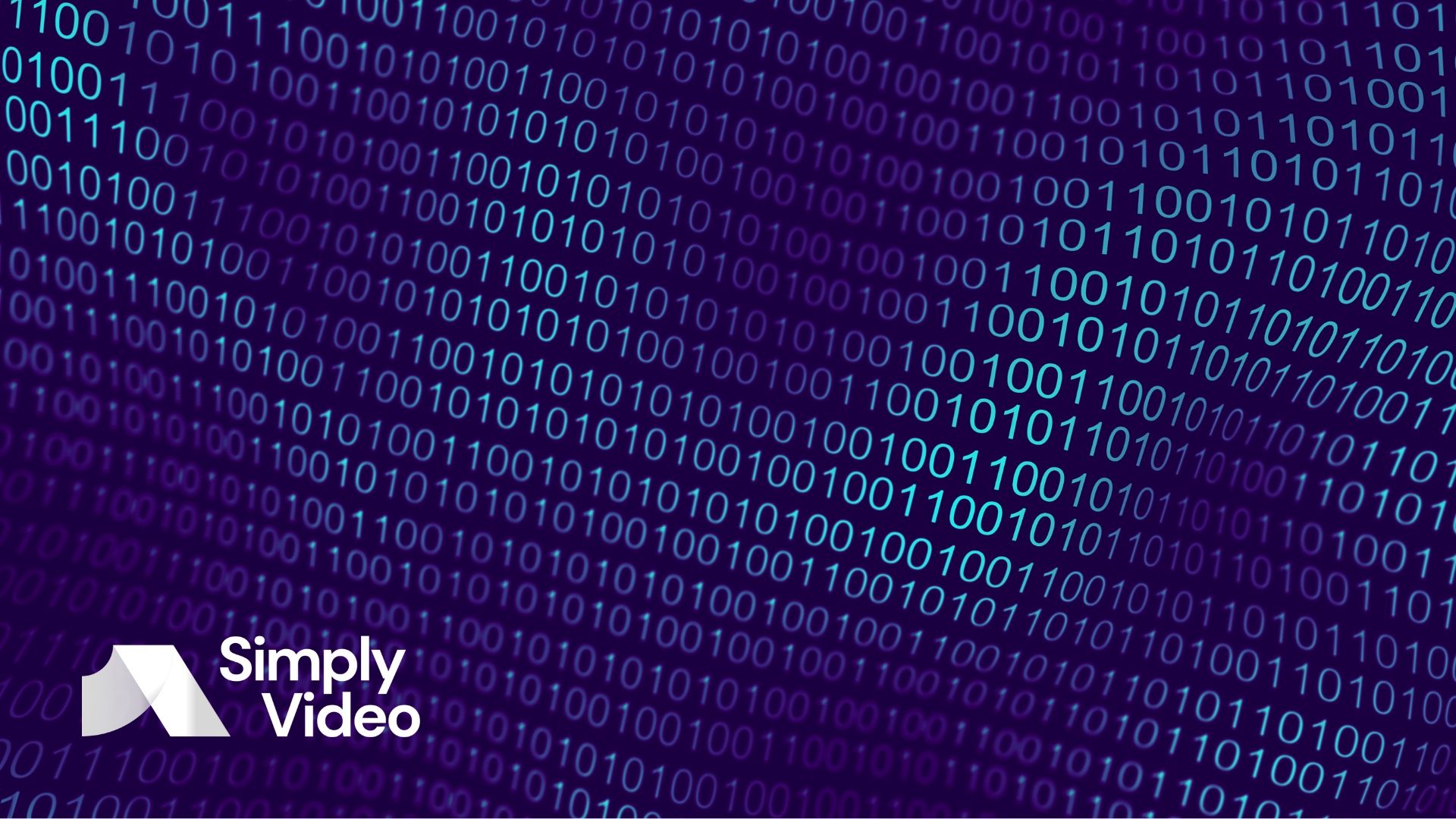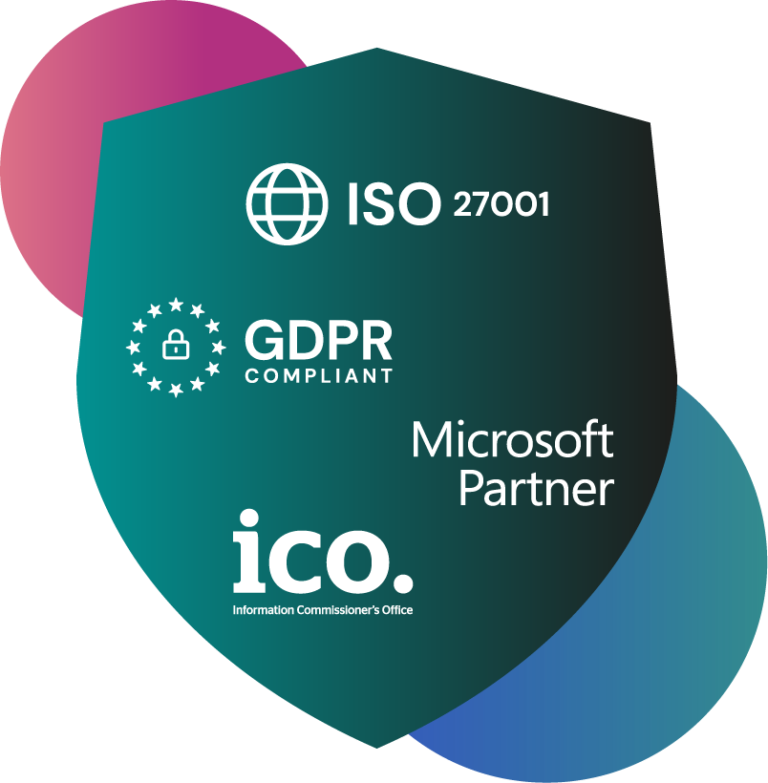How to secure your most critical XR meetings
Security is important in every industry – but some critical meetings require additional support. Learn how SimplyVideo is a highly secure XR video solution.
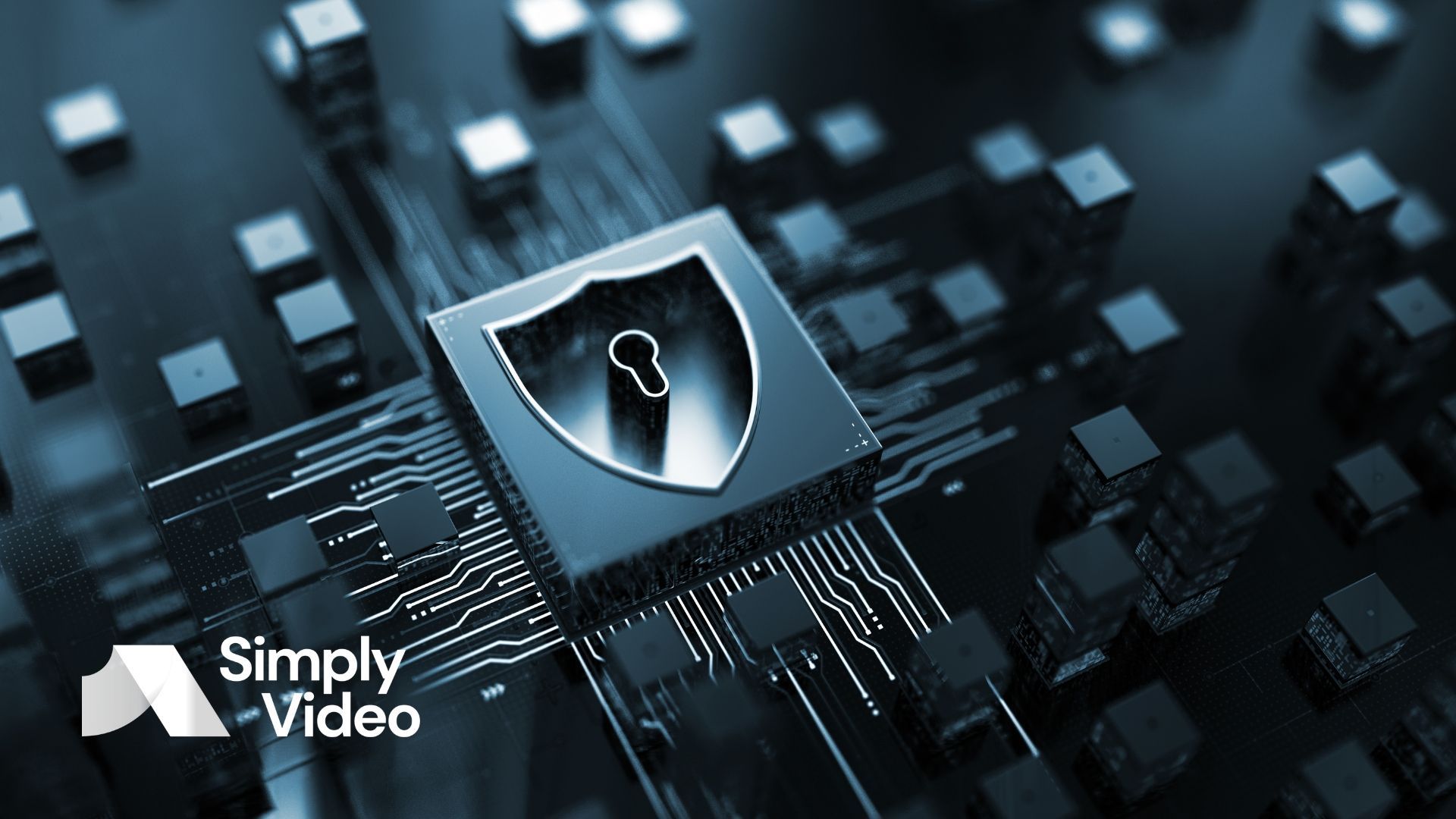
The British historian Eric Hobsbawm wrote four volumes of world history: The Age of Revolution, The Age of Capital, The Age of Empire and The Age of Extremes. Had he lived to see the 2020s, he might have written a fifth volume: The Age of Zoom.
You might think we're being facetious – but there's an argument to be made that videoconferencing software is a significant spoke in a wheel of change that's transforming the way many sectors do business. It's not for nothing that video software is a core technology in the Fourth Industrial Revolution.
But if there's one thing you can say about the 21st century, it's that things move fast. Already, videoconferencing has been augmented with extended reality (XR) features.
XR is an umbrella term for a clutch of technologies that change the way the user experiences the world. It includes:
- Virtual reality (VR): immersive worlds
- Augmented reality (AR): a blend of the real world and digital images
- Assisted reality (aR): that lower-case "a" tells us that it has more to do with text and simple graphics being overlaid on our field of vision
What was once the stuff of dreams is now infiltrating the mainstream – whether it's at the level of a boardroom meeting or a video call made out in the field.
But it's also being used in sectors which take data sovereignty very, very seriously. XR video calls are being made in the emergency services, defence and healthcare – sectors where lives are at stake and information needs to be classified.

Traditional videoconferencing and their XR-enhanced equivalents have one thing in common. They both depend on robust security solutions.
Security is important to all meetings, XR or no XR. No one wants an intruder to wander into their meeting or a cybercriminal to hack into their system.
But there are meetings and then there are
meetings. In every organisation, there's a hierarchy of criticality – and in defence, healthcare and blue light, things can be very critical indeed.
In these sectors, there's no room for error. Security breaches, data leaks and even network disruption can
cost you your reputation and put lives in danger.
That's why you need to choose XR hardware and software that takes security super seriously. Solutions that put security right at the top of the list of priorities. And we're proud to say that here at SimplyVideo, we belong to this camp of stern digital sentinels.
But before we look at how secure SimplyVideo is, let's consider three situations where the security of your XR solution is mission-critical.
1. Defence
In the military world, maintenance is a risky business, whether before or during operations. It's always called for greater safety – and now it needs greater cybersecurity, too.
With an XR headset and video call software like SimplyVideo, a member of field personnel can connect with a remote expert. The expert can see and hear exactly what the maintenance worker sees and guide them through the fix.
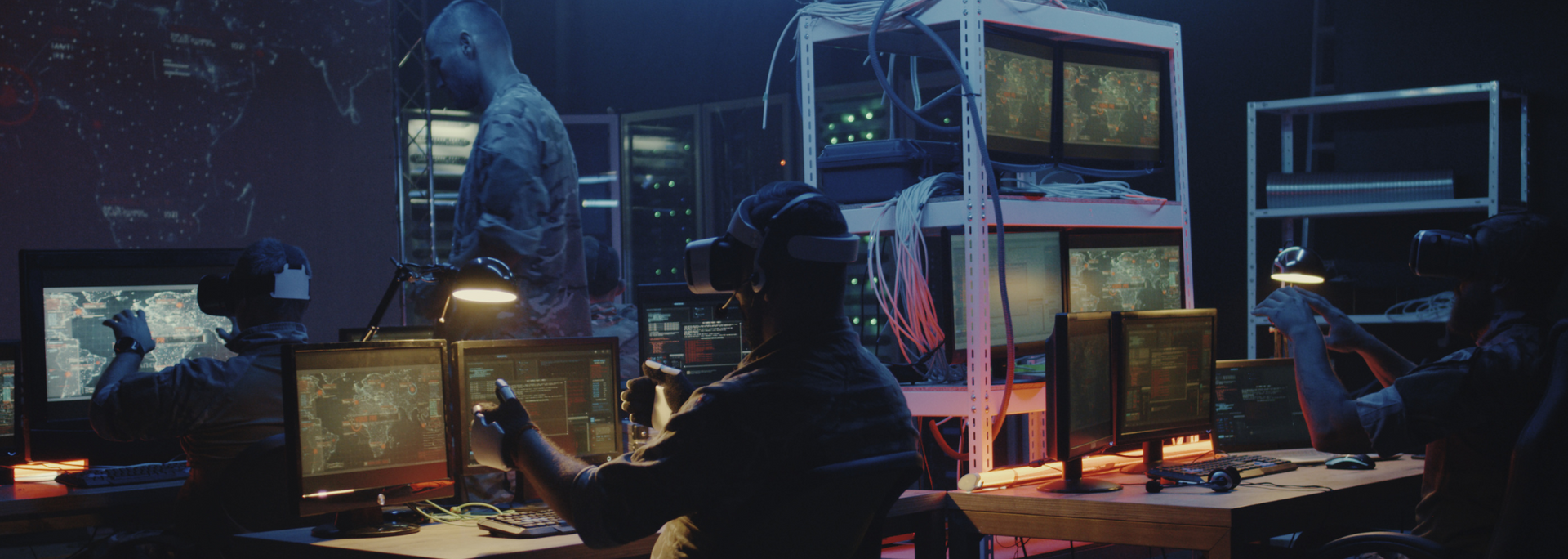
This doesn't just save time and money – it also keeps field personnel safe. And part of that safety lies in knowing that the call is rigorously encrypted.
2. Emergency services
"XR can save lives" may sound like industry spiel – but it's true. A paramedic looking after a patient on the way to hospital can speak to a remote specialist with a simple voice command – and thanks to SimplyVideo's "see-what-I-see" functionality, can be guided through the necessary steps to keep the patient alive.
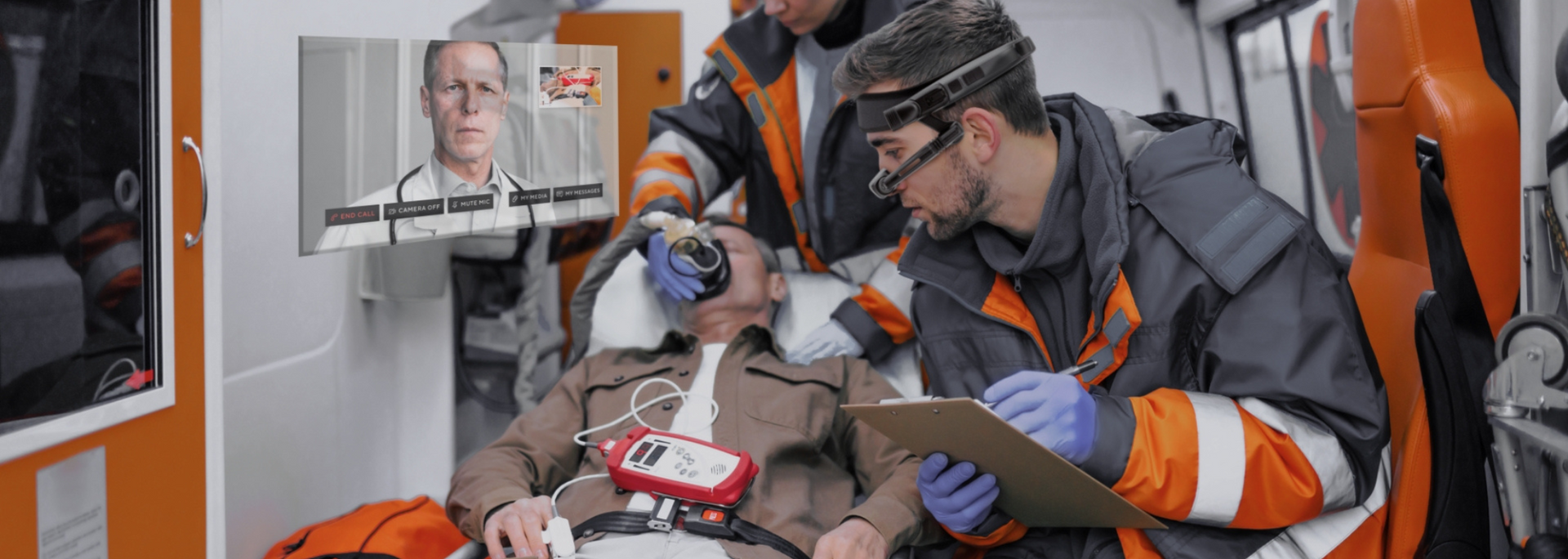
Any disruption to this process isn't just a nuisance, as it would be in a less critical meeting. It's potentially deadly. That's why you need devices and software that are incredibly resilient to cyber attacks.
3. Healthcare
Medical training has come on in leaps and bounds over the past few years. The days of worksheets, mannequins and in-person training are receding into memory, replaced by immersive VR training.
You can now get your team to put on XR headsets and interact with 3D models of the human heart, surgical procedures and more – even if your team is scattered across the seven seas. This flexibility isn't just a logistical blessing – it can also dramatically reduce transport costs.
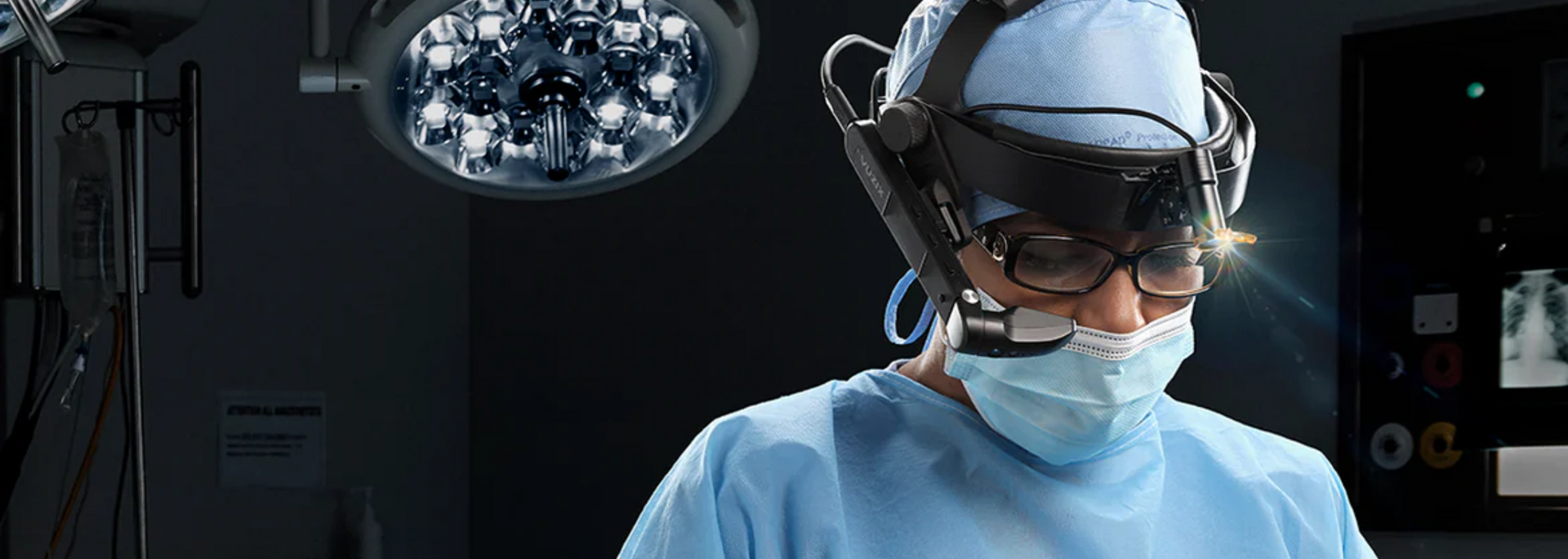
Remote expertise is just a voice command away – but it needs to be highly secure. That's why you should always work with a vendor who eats, sleeps and breathes security. Someone like SimplyVideo.
How secure is SimplyVideo?
As well as being built for industrial XR, SimplyVideo is built for critical meetings – those occasions when sensitive and confidential information needs to be shared online.
At SimplyVideo, we're all too aware of these concerns. That's why security is an integral part of everything we do.
That's why every call you make is encrypted from start to finish. It's why your data is
always your own and never gets passed on to third parties.
It's why we take GDPR compliance so seriously. We know that it's not just about keeping your data safe – it's also about avoiding financial penalties and reputational damage in the event of a breach.
All these security features are part and parcel of the SaaS option delivered from the SimplyVideo cloud – but there's another route that very data-protective businesses might want to take.
This is where SimplyVideo is deployed in a private cloud via Pexip – an enterprise video platform that's so secure it's got the US Department of Defense's stamp of approval.
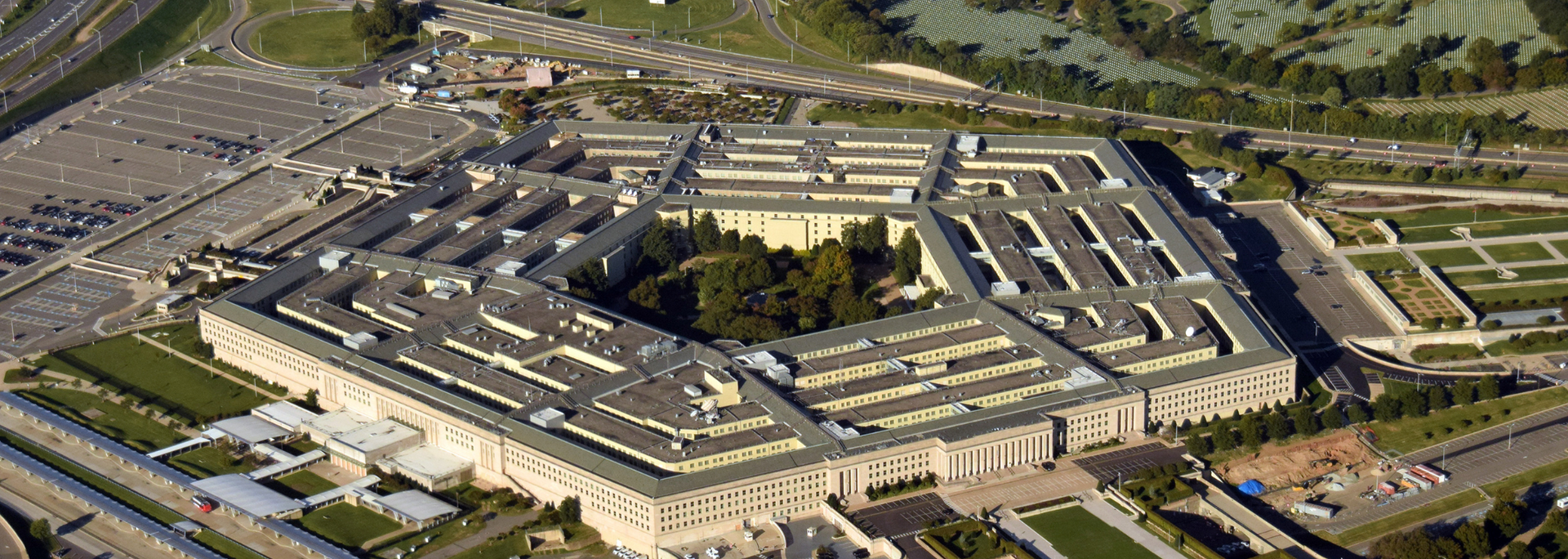
Pexip is used for occasions where data sovereignty is at the top of the to-do list. Things like government meetings, court proceedings and healthcare appointments.
So if you want to leverage XR-enhanced remote collaboration with government-level security, a SimplyVideo private cloud deployment could be for you.
We talk about it more in detail
here but the headline is simple: our private cloud deployments give you Pexip's world-beating security in partnership with SimplyVideo's enterprise-grade XR features.
Interested in learning more about SimplyVideo's
remote collaboration features? Sign up today for a
free 30-day trial.
